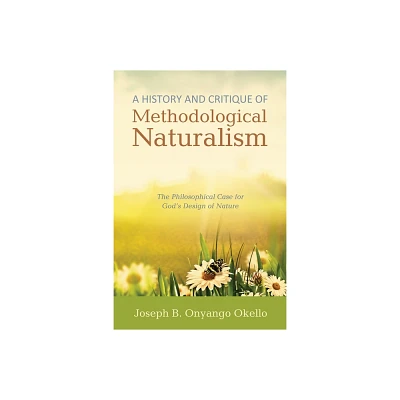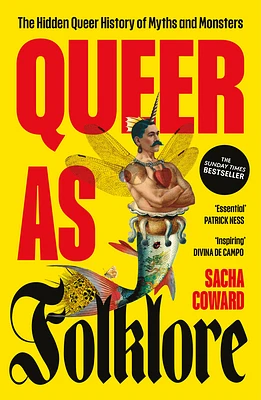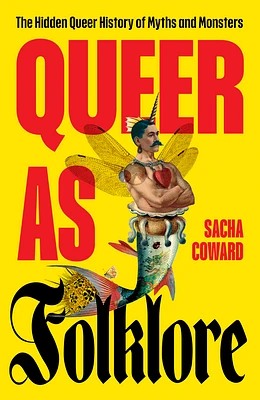Home
Folklore Concepts: Histories and Critiques
Loading Inventory...
Barnes and Noble
Folklore Concepts: Histories and Critiques
Current price: $90.00


Barnes and Noble
Folklore Concepts: Histories and Critiques
Current price: $90.00
Loading Inventory...
Size: Hardcover
*Product Information may vary - to confirm product availability, pricing, and additional information please contact Barnes and Noble
By defining
folklore
as artistic communication in small groups, Dan Ben-Amos led the discipline of Folklore in new directions. In
Folklore Concepts
, Henry Glassie and Elliott Oring have curated a selection of Ben-Amos's groundbreaking essays that explore folklore as a category in cultural communication and as a subject of scholarly research. Ben-Amos's work is well-known for sparking lively debate that often centers on why his definition intrinsically acknowledges tradition rather than expresses its connection forthright. Without tradition among people, there would be no art or communication, and tradition cannot accomplish anything on its own—only people can. Ben-Amos's focus on creative communication in communities is woven into the themes of the theoretical essays in this volume, through which he advocates for a better future for folklore scholarship.
traces Ben-Amos's consistent efforts over the span of his career to review and critique the definitions, concepts, and practices of Folklore in order to build the field's intellectual history. In examining this history,
answers foundational questions about what folklorists are doing, how they are doing it, and why.
folklore
as artistic communication in small groups, Dan Ben-Amos led the discipline of Folklore in new directions. In
Folklore Concepts
, Henry Glassie and Elliott Oring have curated a selection of Ben-Amos's groundbreaking essays that explore folklore as a category in cultural communication and as a subject of scholarly research. Ben-Amos's work is well-known for sparking lively debate that often centers on why his definition intrinsically acknowledges tradition rather than expresses its connection forthright. Without tradition among people, there would be no art or communication, and tradition cannot accomplish anything on its own—only people can. Ben-Amos's focus on creative communication in communities is woven into the themes of the theoretical essays in this volume, through which he advocates for a better future for folklore scholarship.
traces Ben-Amos's consistent efforts over the span of his career to review and critique the definitions, concepts, and practices of Folklore in order to build the field's intellectual history. In examining this history,
answers foundational questions about what folklorists are doing, how they are doing it, and why.


















